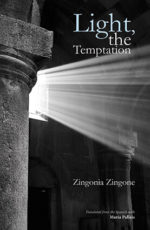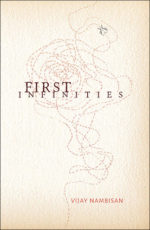| Author | |
|---|---|
| Imprint | |
| Language | |
| Edition | |
| Publishing Year | January 2020 |
| Pages | 124 |
About the Book
Praise for Priya’s Poetry:
Written over a decade, Calling Over Water features poems in three movements. The first trails a wake of lacunae and dislocation but also remembrance and gratitude for departed loved ones. Next, the tempo shifts as the mind sifts through dazzlement, disappointments, riddles and resolutions. Poetry making and identity are explored and mapped. In the last movement, geographies of space and time are located through art, history and the act of journeying. The self is in part reconstituted and returned as a retuned being. “Are you recyclable?” “Why does art leap out of the window when there’s no terrorist attack, only collapse?” “What if you stop smelling of loathing?” These are some of the brave and probing questions Priya Sarukkai Chabria poses in Calling Over Water.








